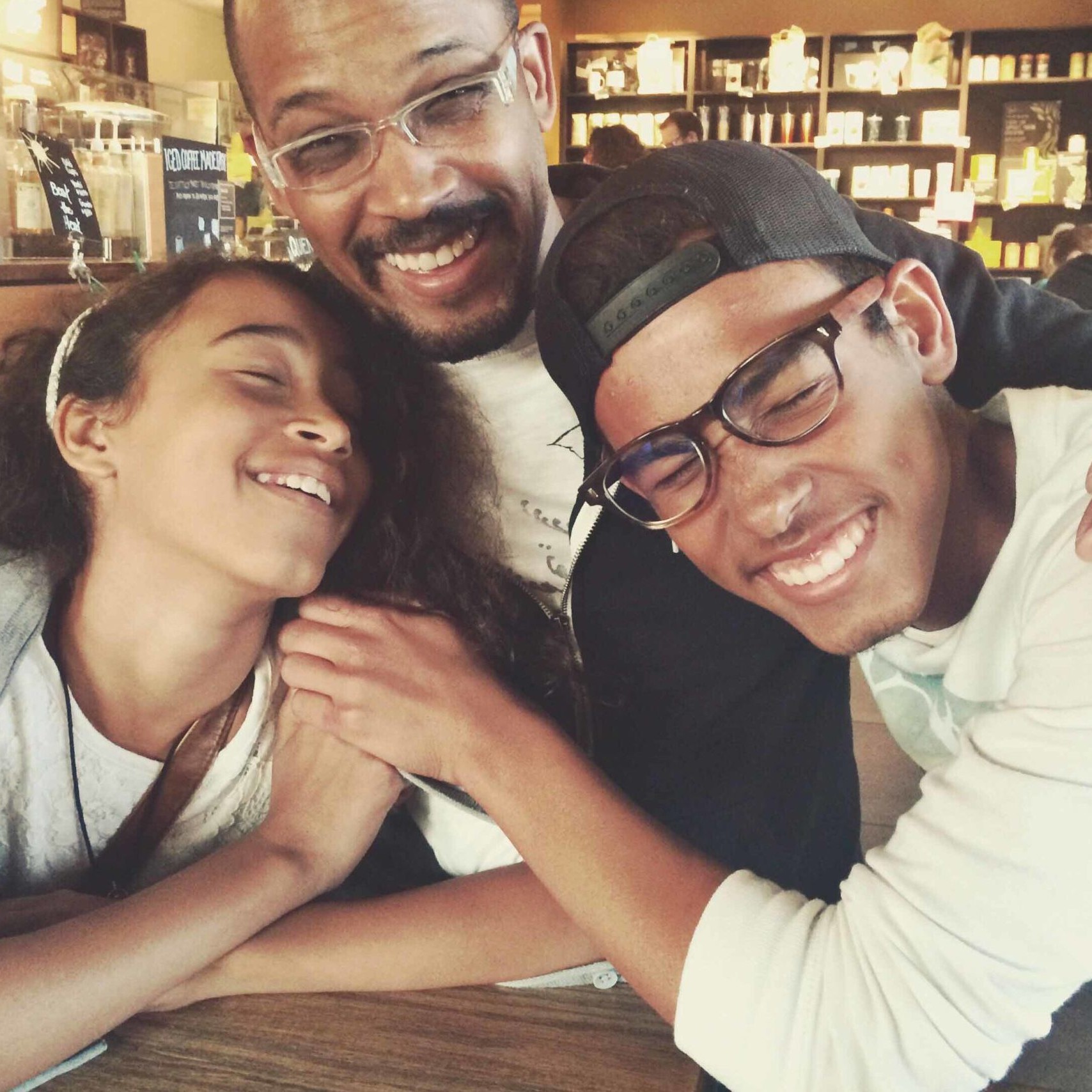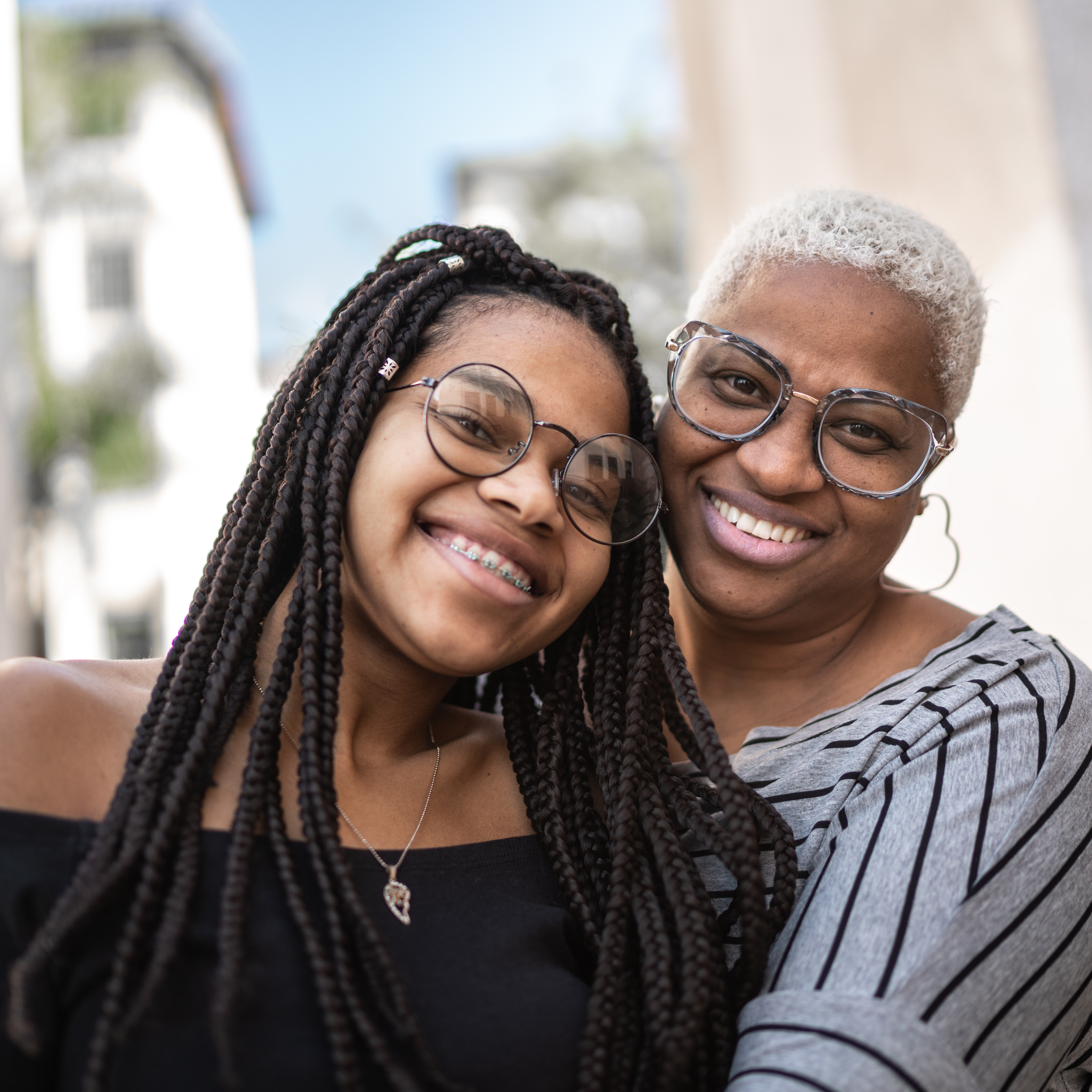After interviewing and spending time with thousands of 15-year-olds from across the county, a study from Search Institute found three key strengths that make a difference in teens’ lives.
When teens exhibited all three strengths, they did better on academic, psychological, social-emotional and behavioral outcomes, including better mental health outcomes and fewer struggles with substance use
Here’s how to spot and support these elements for the teens in your life — your child, relative neighbor or friend. We can all take steps to make stronger connections with young people.
Look for the “sparks.”
The Search Institute study defines “sparks” as a young person’s deep interests and passions. These things bring energy, focus and meaning to school and other activities. When young people know their sparks, and take initiative to develop those passions, they are more likely to succeed in school and relationships.
Try this: If you don’t know what your teen is passionate about, ask them — and keep asking over time as their interests develop. Help them to define and come back to those places of interest — “I remember you saying that you loved your technology class.” — and then help them develop their passions. Connect them to groups that share their interests, or look for library books and classes on those topics.
Help them use their voice.
In addition to a clear sense of their interests, teens need to develop their voice — in other words, the confidence and opportunities to speak up about the things that matter to them. A teen’s voice needs a place to be shared. These voice-sharing spaces include:
- leadership roles in sports or clubs
- permission to make their own choices (i.e. which classes to take, activities on a family trip, plans with friends)
- chances to help solve community problems, or
- civic involvement.
When teens see their power to make change in their families, their communities, and in their own lives, they are more likely to exercise independence and develop healthy long-term goals.
Try this: Think outside the box to find voice-sharing opportunities for teens. Although some youth are drawn to leadership positions in schools clubs, others may feel best exercising their personal power by working on a solo project, perfecting a piece of music, or creating an online community around a shared interest. Challenge and support your teen to use their voice according to their strengths, and they will feel trusted and empowered by you.
Encourage positive adult relationships.
Teens who know their passions and use their voice will develop even further with the support of meaningful adult relationships, both inside and outside of their family unit. In addition, these relationships work best when teens feel understood by the adults in their lives. In the Search Institute study, teens say that adults who “get them” show it by paying attention to their interests, listening to them without distraction, being honest and reliable, and enjoying their time together.
Try this: Show teens that you want to know them and their world. Here are a few simple starting points:
- Ask for their opinion on a school subject or news item. This helps them use their voice, and know that you want them to share.
- Have a meaningful conversation about something happening in your own life. This lets your teen know you desire trust and depth with them.
- Give your teen chances to help out with family plans, household work, or volunteer jobs. Your teen will feel empowered and trusted.
- Enjoy a sport or hobby together — laugh, play, cut loose! Shared memories deepen your bond and create opportunities for meaning for both you and the teen in your life.
Each of these strengths — relationships, sparks, and voice — matter for teens’ successful development. Teens who enjoy high levels on all three of the strengths do the best of all — on every academic, psychological, social-emotional, and behavioral outcome studied. Yet too few teens experience them. Take steps today to support, challenge and invest in the teens around you. It doesn’t have to be a grand gesture, or a perfect gesture — what matters most is that you are consistently present in their lives.
1 Teen Voice 2010: Relationships that Matter to America’s 15-Year-Olds, Peter C. Scales, Eugene C. Roehlkepartain, and Peter L. Benson. Retrieved from Search Institute. https://www.search-institute.org/sites/default/files/a/TeenVoice2010.pdf



